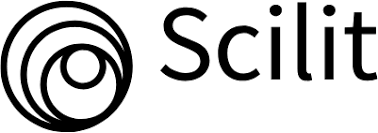An Analytical Study of The Impact of Corruption on Agricultural Development in Libya (2002–2022)
DOI:
https://doi.org/10.54172/k9ep5a30Keywords:
: Corruption , Agricultural Development, Agricultural Investment, Government Spending , Agricultural Labor , LibyaAbstract
This study aims to analyze the impact of corruption on agricultural development in Libya during the period 2002–2022, by constructing an econometric model that links agricultural GDP to several interactive variables representing key development channels, such as agricultural investment, agricultural labor, exports, imports, and government spending within a context of corruption. The study employed time series analysis using the Vector Autoregressive (VAR) model after verifying the stationarity properties and the existence of cointegration among variables. Johansen's cointegration test results revealed long-term equilibrium relationships between the variables, while the variance decomposition analysis indicated that agricultural output is significantly affected by imports, public spending, and investment. The error correction terms showed limited capacity of the system to adjust toward equilibrium, reflecting the negative impact of corruption on the effectiveness of development channels. The study highlights the importance of institutional reform and targeted policies to enhance resource use efficiency and achieve sustainable agricultural development.
Downloads
Published
Issue
Section
License
Copyright (c) 2025 Hnan Alabasi, Abdulaziz Ebrikhaw (Author)

This work is licensed under a Creative Commons Attribution-NonCommercial 4.0 International License.
Copyright of the articles Published by Al-Mukhtar Journal of Economic Sciences (Mjes) is retained by the author(s), who grant Mjes a license to publish the article. Authors also grant any third party the right to use the article freely as long as its integrity is maintained and its original authors and cite Mjes as the original publisher. Also, they accept the article remains published by the Mjes website (except in the occasion of a retraction of the article). All Mjes Published articles under the Attribution-NonCommercial 4.0 International License.











